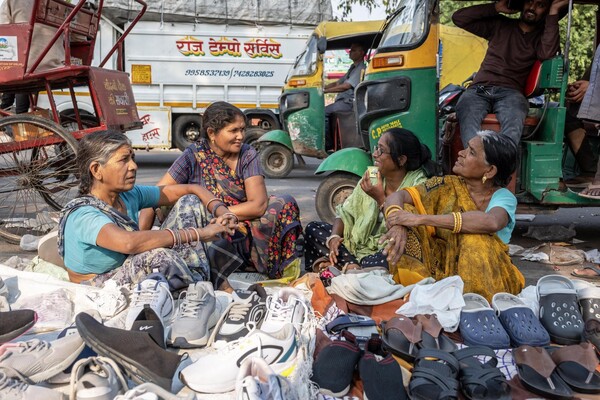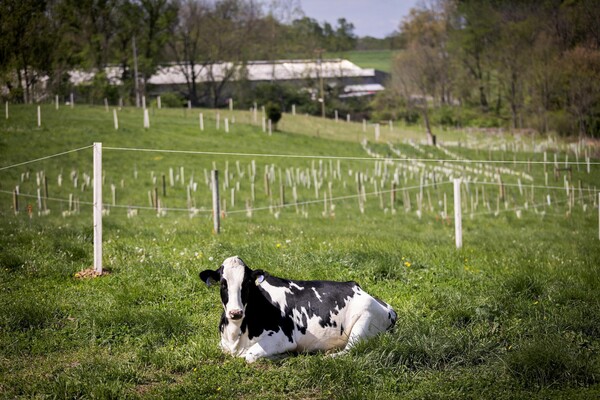
Image: Andriy Onufriyenko via Getty Images
People who depend on social media for information were more likely to be misinformed about vaccines than those who rely on traditional media, according to a study of vaccine knowledge and media use by researchers at the Annenberg Public Policy Center (APPC) of the University of Pennsylvania.
The study, based on nationally representative surveys of nearly 2,500 U.S. adults, found that up to 20% of respondents were at least somewhat misinformed about vaccines. Such a high level of misinformation is “worrying” because misinformation undermines vaccination rates, and high vaccination rates are required to maintain community immunity, researchers say.
The study of vaccine misinformation, published in the Harvard Kennedy School Misinformation Review, was conducted in the spring and fall of 2019, when the United States experienced its largest measles outbreak in a quarter century. Between the two survey periods, 19% of the respondents’ levels of vaccine misinformation changed in a substantive way—and within that group, almost two-thirds (64%) were more misinformed in the fall than in the spring.
“People who received their information from traditional media were less likely to endorse common anti-vaccination claims,” says lead author Dominik Stecula, a postdoctoral fellow in the science of science communication program at APPC. He co-authored the study with Ozan Kuru, another APPC postdoctoral fellow, and APPC Director Kathleen Hall Jamieson.
Read more at the Annenberg Public Policy Center.
Penn Today Staff

Image: Andriy Onufriyenko via Getty Images

Four women street vendors sell shoes and footwear on a Delhi street.
(Image: Kannagi Khanna)

nocred

nocred